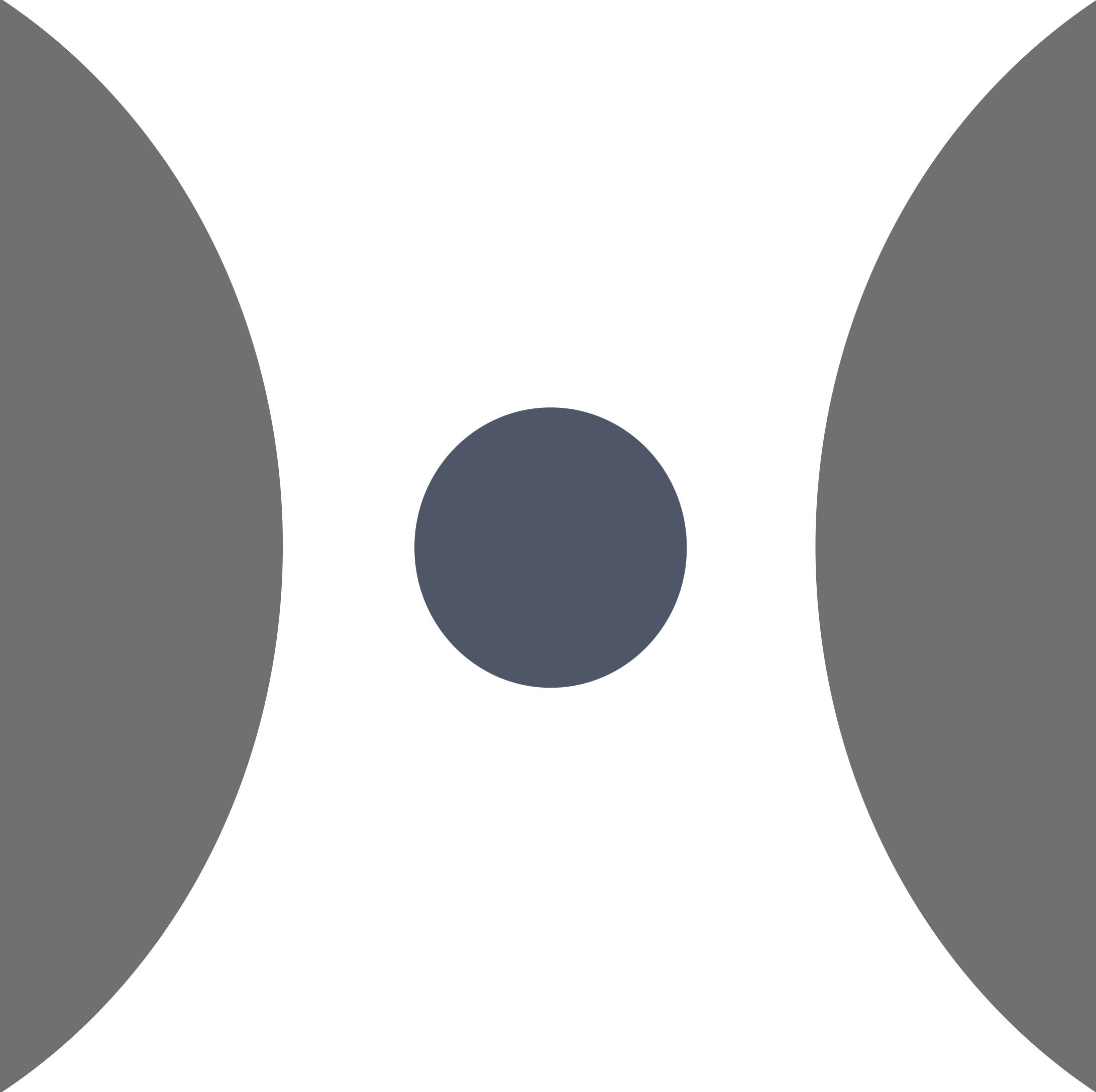In Support of Switzerland’s Neutrality Initiative
A group of engaged citizens in Switzerland has started the process for a political initiative with the goal of writing a definition of the country’s signature foreign policy into its constitution. If the initiative is signed by 100’000 eligible voters by May 2024, this will lead to a mandatory referendum in a few years time. Although the effort is being supported by voters and activists from all parts of the country’s political spectrum, media reports tend to call the initiative “right wing.” In an effort to counter this narrative, we are publishing a letter of support from left- and green-voting citizens to demonstrate that there are many left-wing arguments to support this important political idea.
A shock and its aftermath
After Russia’s military invasion of Ukraine on February 24, 2022, the Swiss government immediately followed the European Union and the United States in sanctioning Russia at an unprecedented level. Although Switzerland maintains its military neutrality toward the conflict, refusing to send weapons to Ukraine, economically and ideologically, Switzerland has chosen sides.
Swiss actions contrast especially strongly with the actions taken by most non-European states like India, China, African countries, or South American states that all rejected US and EU calls for sanctions on Russia.
This development has been worrisome to many Swiss citizens who, despite Sweden and Finland’s decisions to join NATO are overwhelmingly (91%) in favour of their country’s neutrality. Although the views of the Swiss on security cooperation are mixed, the Swiss government is currently in a strong drive toward integrating the country’s security with that of the EU and NATO.
An initiative is born
In fall 2022, a group of Swiss citizens decided to work against this direction by launching a so-called “political initiative,” which under the country’s direct democratic system will lead to a mandatory referendum on a change to Switzerland’s constitution that the group can suggest. For the initiative to become an actual referendum, 100’000 signatures must be gathered over the period of 18 months.
The group proposed to define neutrality in the Swiss constitution which, until now, only mentions the concept but does not give guidance on what the policy actually means. The group is proposing to add the following text to the constitution:
Article 54a Swiss Neutrality
- Switzerland is neutral. Its neutrality is perpetual and armed.
- Switzerland does not join any military or defense alliance. An exception is made for cooperation with such alliances in the event of a direct military attack on Switzerland or in the case of actions preparing for such an attack.
- Switzerland does not participate in military conflicts between third states and does not take non-military coercive measures against belligerent states. Exceptions are Switzerland’s obligations to the United Nations (UN) and measures to prevent the circumvention of non-military coercive measures by other states.
- Switzerland uses its perpetual neutrality for the prevention and resolution of conflicts and is available as a mediator.
We have reported on these efforts on our YouTube channel twice before (see below).
In support of the initiative
The initiative has been criticised in Swiss public media repeatedly as either “right wing” or a “Blocher initiative“—named after the country’s former Minister of Justice and a previous leader of the national-conservative Swiss People’s Party (SVP), Christoph Blocher. Although Mr. Blocher indeed was one of the first political figures to propose a neutrality initiative in 2022, the actual effort has been launched and conducted by an independent committee of citizens including representatives of most political parties in the Alpine nation.
Neutralitystudies.com supports this initiative and has launched a letter of support, which by the time of its publication on January 10, 2024, had 51 signatories from representatives of left and green causes in Switzerland.
The constitutional amendment the initiative proposes is well formulated, allowing for flexibility in foreign policy, but would bind the hands of the current and future governments regarding joining NATO. The text also ensures that Switzerland will not default to applying sanctions on foreign states but would do so only under very strict conditions, when either the United Nations Security Council mandates sanctions or when trade restrictions have to be implemented to avoid the circumvention of sanctions by partner states. These provisions would ensure that Switzerland will not be targeted by US or EU secondary sanctions as Berne can still apply sanctions when necessary (but would not do so automatically and in all domains).
It is the opinion of the initiators of the letter that this initiative is crucial for the future of Swiss neutrality to correct the pro-NATO course of the current government and forestall Switzerland following the footsteps of Sweden and Finland.


